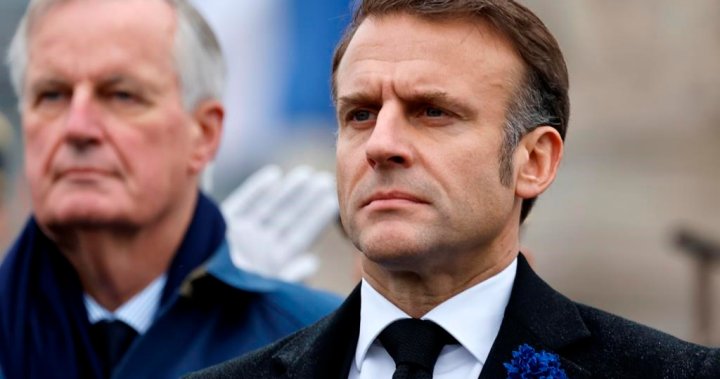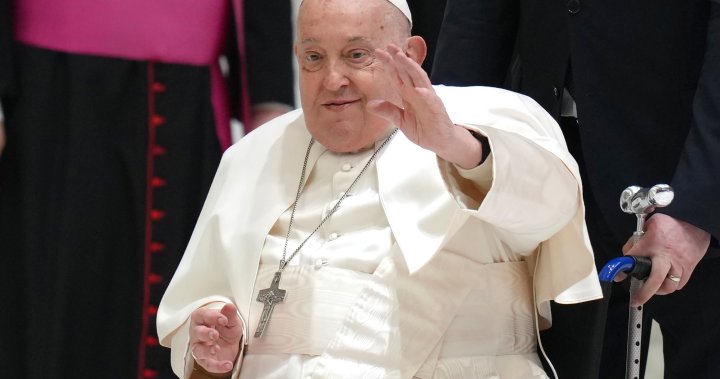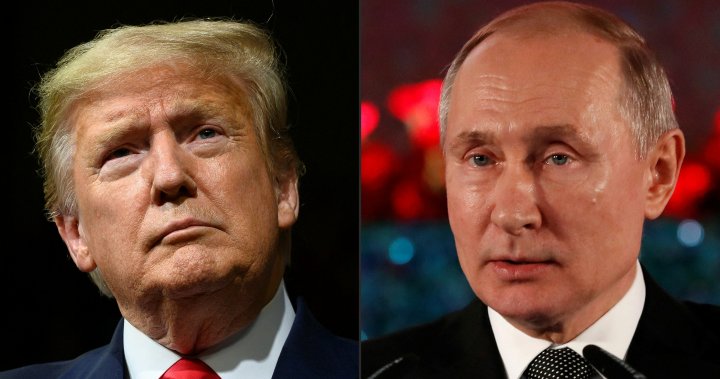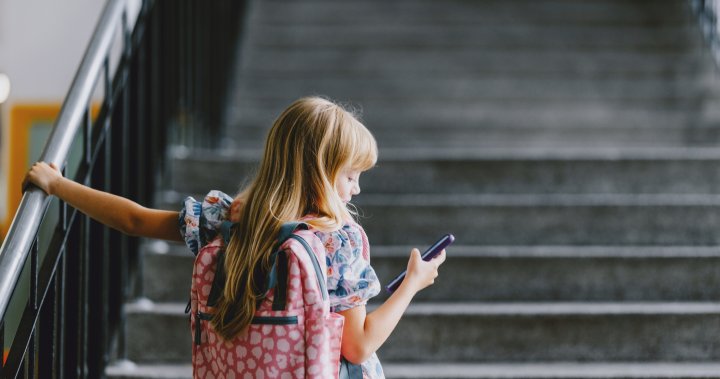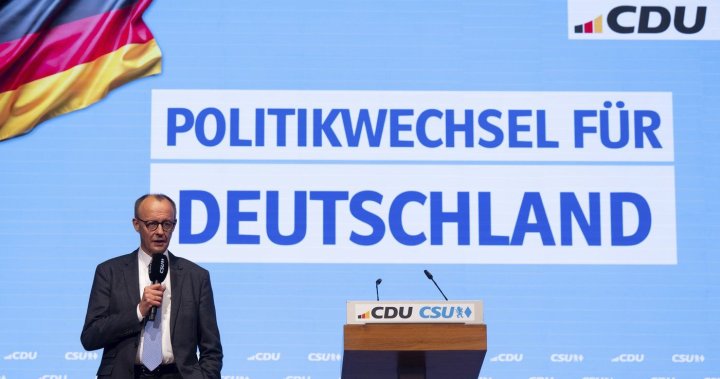On Thursday, the Australian Senate approved a ban on the use of social media for children under the age of 16, and it will soon become the first law in the world.
The law would make platforms, including TikTok, Facebook, Snapchat, Reddit,
The Senate approved the bill by a vote of 34 to 19. The House on Wednesday overwhelmingly approved the legislation by a vote of 102 to 13.
The House of Representatives has not yet approved the opposition amendments introduced in the Senate. But this is a formality because the government has already agreed to approve it.
The platforms will have one year to decide how to implement the ban before sanctions are implemented.
Meta Platforms, which owns Facebook and Instagram, said the legislation was “fast-tracked.”
Story continues below ad
Digital Industry Group Inc, an advocate for the platforms in Australia, said questions remained about the law’s impact on children, its technical underpinnings and its scope.
“Social media blocking legislation was introduced and passed within a week, and as a result, no one can confidently explain how this legislation will work in practice – the community and platforms do not know exactly what is required of them,” DIGI Executive Director Sunita Bose said in a statement.
The amendments strengthen privacy protection. Platforms will not be allowed to force users to provide government-issued identity documents, including passports or driver’s licenses, nor can they request digital ID through a government system.

Australia is close to banning social media for anyone under 16
The House of Representatives is scheduled to approve the amendments on Friday. Critics of the legislation fear that banning young children on social media would affect the privacy of users who must prove they are over 16.
Story continues below ad
While the major parties support the ban, many child welfare and mental health advocates are concerned about unintended consequences.

Get daily national news
Get the day’s top political, economic and current affairs news, headlines, delivered to your inbox once a day.
Senator David Shoebridge, of the minority Greens party, said mental health experts agreed the ban could seriously isolate many children who used social media to find support.
“This policy will hurt vulnerable young people the most, particularly in regional communities and especially the LGBT community, by isolating them,” Shoebridge told the Senate.
Opposition Senator Marija Kovacic said the bill is not radical but necessary. “The primary focus of this legislation is simple: it requires social media companies to take reasonable steps to identify and remove underage users from their platforms,” Kovacic told the Senate.
“This is a responsibility that these companies should have fulfilled long ago, but for too long they have shied away from these responsibilities in favor of profit,” she added.
Internet safety activist Sonya Ryan, whose 15-year-old daughter, Carly, was murdered by a 50-year-old pedophile who posed as a teenager online, called the Senate vote “a historic moment in protecting our children from the horrific harms online.” “Internet”. “
“It is too late for my daughter Carly and the many other children who have suffered so badly and those who have lost their lives in Australia, but let us stand together on their behalf and embrace this together,” she told the AP in an email. .
Story continues below ad
Wayne Holdsworth, whose teenage son Mac committed suicide after falling victim to an online sextortion scam, had called for the age restriction and was proud it passed.
“I’ve always been a proud Australian, but for me after today’s Senate decision, I’m even more proud,” Holdsworth told the AP in an email.

Why are 4 Ontario school boards suing 3 social media giants?
Trending now
-

‘Unbelievable snow totals’: Storms hit parts of Ontario, with up to 80cm
-

‘I can’t pay my bills’: Rudy Giuliani loses his temper and lashes out in court
Christopher Stone, executive director of Suicide Prevention Australia, the governing body for the suicide prevention sector, said the legislation failed to take into account the positive aspects of social media in supporting young people’s mental health and feeling connected.
“The government is blindfolded hitting a brick wall by rushing through this legislation. Young Australians deserve evidence-based policies, not hastily made decisions,” Stone said in a statement.
The federal government is blindfolded hitting a brick wall by accelerating a social media ban for young people under 16.
We urge the federal government to slow down. #Social media #Socialmediaban #Australia #Australian Governmenthttps://t.co/KJf4ZTxCtj pic.twitter.com/mc14uOsyJH
– Suicide prevention in Australia (@SuicidePrevAU) November 28, 2024
The platforms complained that the law would be unenforceable, and urged the Senate to postpone a vote until at least June 2025, when a government-commissioned evaluation of age guarantee technologies will report on how young children are excluded.
Story continues below ad
Meta Platforms, which owns Facebook and Instagram, said in a statement: “Naturally, we respect the laws decided by the Australian Parliament.” “However, we are concerned about the process that led to the legislation being rushed through while failing to properly consider the evidence, what the industry is already doing to ensure age-appropriate experiences, and the voices of young people.”
Critics say the government is trying to convince parents that it is protecting their children before the general elections scheduled for next May. The government hopes voters will reward it for its response to parents’ concerns about their children’s addiction to social media. Some believe that legislation could cause more harm than it prevents.
Criticisms include that the legislation was passed through Parliament without adequate scrutiny, that it is ineffective, poses privacy risks for all users, and undermines parents’ authority to make decisions regarding their children.
Opponents also argue that a ban would isolate children, deprive them of the positive aspects of social media, push them onto the dark web, discourage very young children from reporting harm on social media, and reduce incentives for platforms to improve online safety.
& Edition 2024 The Canadian Press


